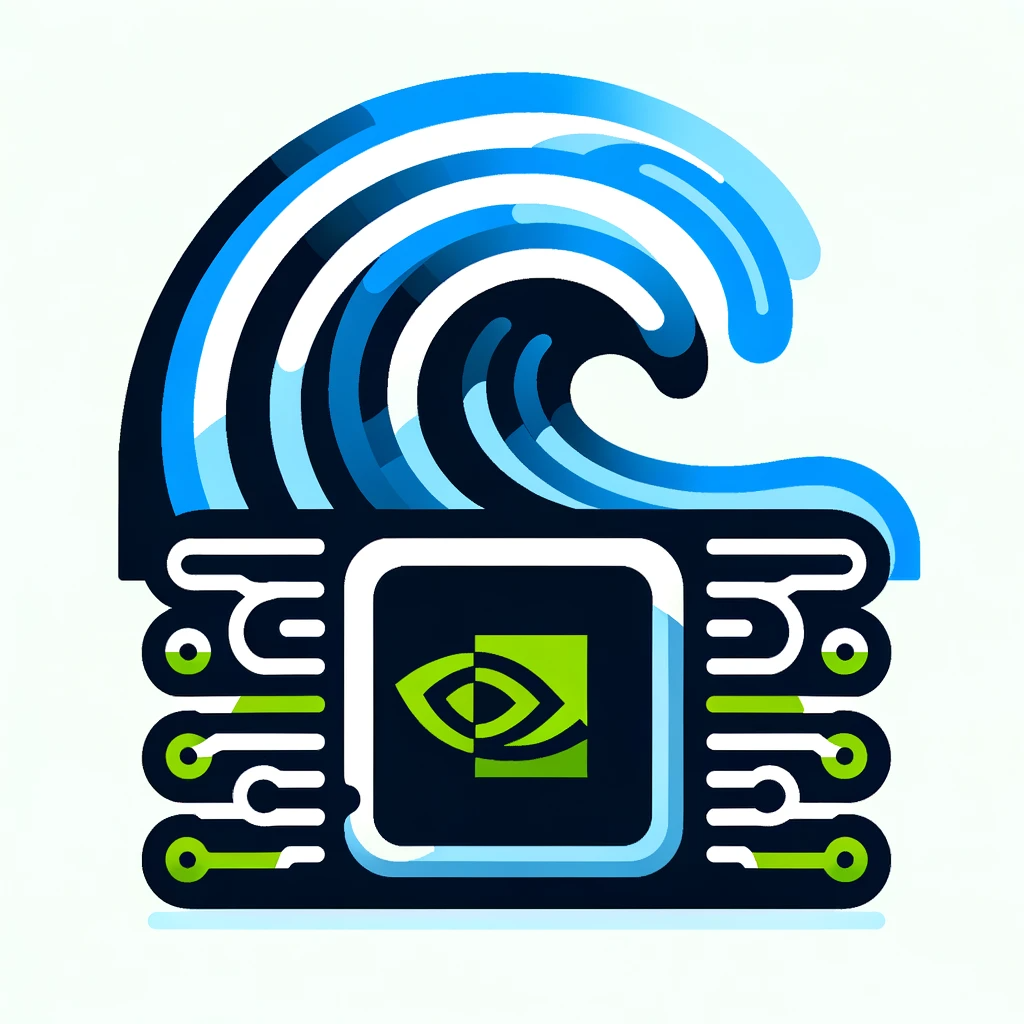
Artificial Intelligence (AI) is no longer a luxury reserved for large corporations. Small and mid-sized businesses (SMBs) are increasingly harnessing the power of AI to transform their operations and competitive landscape. A significant player facilitating this change is DigitalOcean, a company renowned for its cloud business services tailored to developers catering to SMBs. The company’s strategic move into the AI domain was marked by its acquisition of Paperspace in July 2023, a platform that provides access to GPU resources and has a data science platform known as Gradient. This acquisition signifies DigitalOcean’s commitment to democratizing AI access for businesses of varying sizes.
Paperspace’s integration into DigitalOcean’s ecosystem brought a significant addition: the support for Nvidia’s H100 GPU AI accelerator. The H100 GPUs are at the forefront of AI technology, offering unparalleled processing power and efficiency, critical for AI model training and inference tasks. These GPUs significantly reduce the time required for training AI models and improve the response times for AI inferences, making them highly sought after in the AI community.
The demand for Nvidia H100 GPUs, however, poses a challenge for smaller organizations due to their high cost and limited availability. Kanishka Roychoudhury, GM of AI/ML at DigitalOcean, acknowledges these challenges and highlights DigitalOcean’s approach to making these powerful GPUs more accessible to SMBs. The company’s strategy revolves around virtualization, where a single Nvidia H100 GPU can be partitioned into up to eight separate instances. This virtualization allows organizations to scale their GPU resources according to their specific needs, whether it be a fraction of a GPU’s power or its full capacity.
DigitalOcean’s move is not just about providing access to high-end hardware but also about enabling a diverse range of applications. SMBs on the DigitalOcean Paperspace platform are already leveraging AI for various innovative applications, extending beyond traditional uses like chatbots. Roychoudhury shared an example of a SMB using the platform to build a video augmentation service capable of translating video content between different languages. This example illustrates the broad potential of AI in enhancing business capabilities and reaching new markets.
The Nvidia H100 GPUs’ expected primary use on the platform is for AI model training, given their high performance. However, there is also anticipation for their use in inference workloads. This prediction aligns with the current use of the less powerful Nvidia A100 GPUs, which some customers employ for similar purposes. The flexibility and power of the H100 GPUs promise to cater to a wide array of AI tasks, further expanding the capabilities of SMBs in the AI space.
DigitalOcean’s integration of Paperspace is still a work in progress, with ongoing efforts to seamlessly blend the two platforms. Roychoudhury envisions more integration in the months ahead, with the current focus on ensuring the platforms work harmoniously. This integration includes deploying GPU resources, like the new Nvidia H100 machines, alongside storage resources running on DigitalOcean compute infrastructures.
The next phase for DigitalOcean in AI involves expanding the availability of H100 GPUs. Initially, these high-end GPUs will be offered as infrastructure resources, with plans to integrate them into the Paperspace Gradient data science platform. Gradient provides a notebook-based environment for data scientists and engineers, facilitating the building, training, testing, and deployment of AI models. The platform currently integrates with Hugging Face, allowing users to download and fine-tune pre-trained models, adding another layer of versatility to AI development.
DigitalOcean’s overarching aim is to lower the barriers to accessing high-end AI tools and hardware, like the Nvidia H100. This goal is particularly relevant for smaller companies that often face financial and technical constraints that limit their ability to leverage advanced AI technologies. Roychoudhury emphasized the importance of making these resources not only accessible but also affordable for smaller companies, aligning with DigitalOcean’s mission of supporting the growth and innovation of SMBs.
This commitment to democratizing AI access is reflective of the broader trend in the technology industry, where tools and resources once exclusive to large enterprises are being made available to a wider audience. By doing so, DigitalOcean is not only contributing to the growth of individual SMBs but also to the overall advancement of the technology ecosystem. Small businesses, often seen as the backbone of many economies, can now harness AI to innovate, optimize their operations, and compete in increasingly digital markets.
Furthermore, the move towards virtualization and cloud-based resources represents a significant shift in how businesses approach IT infrastructure. The traditional model of heavy upfront investments in hardware is being replaced by more flexible, scalable, and cost-effective cloud solutions. This shift is particularly beneficial for SMBs, which can now access cutting-edge technology without the prohibitive costs associated with building and maintaining their own IT infrastructure.
DigitalOcean’s strategy also highlights the growing importance of partnerships and acquisitions in the tech industry. By acquiring Paperspace, DigitalOcean has not only expanded its product offerings but also acquired valuable expertise and technology. This approach is indicative of how companies can rapidly enter and establish themselves in new markets, leveraging the strengths and capabilities of their acquisitions.
In conclusion, DigitalOcean’s foray into the AI space through its acquisition of Paperspace and the integration of Nvidia H100 GPUs is a significant development for SMBs. This move demonstrates the company’s commitment to empowering smaller businesses with advanced technologies that were previously out of reach. By democratizing access to powerful AI tools and resources, DigitalOcean is helping to level the playing field, enabling SMBs to innovate and compete more effectively in the digital era. As the integration of these technologies continues, it will be fascinating to observe how SMBs leverage these tools to drive growth, innovation, and transformation in their respective industries.
